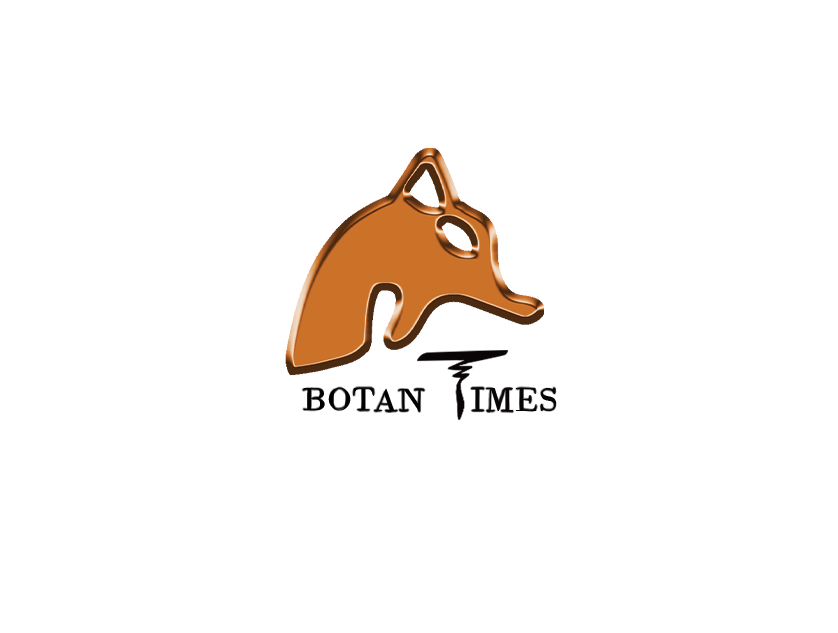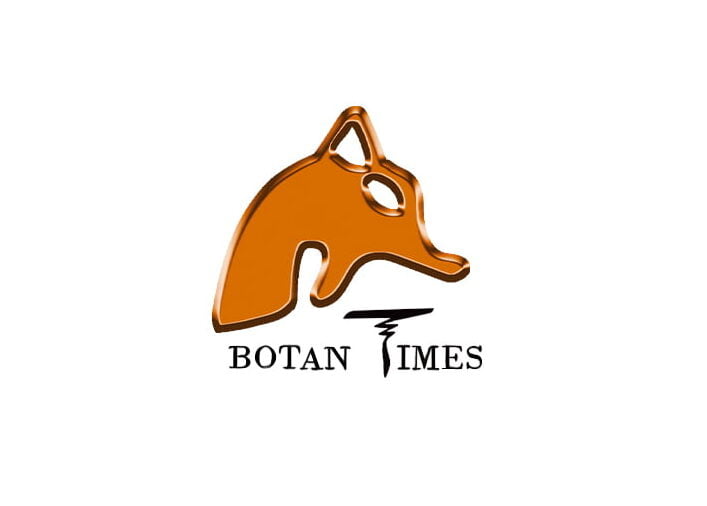
Reporting in conflict zones – The Kurdish Digital Media E-book by Botan International


- 11 Ocak 2023 12:33
* This article was published in the Kurdish Digital Journalism e-book of Botan International. You can read the entire Kurdish e-book and a short English summary.

Mesud Muhemmed has made a name for himself as a
‘conflict zone reporter’.
His ambition and courage have
taken him to several battlegrounds across Iraq and
Syria. What drives his ambition? The words he lives
by: “nothing in life is difficult. Remove anything that
becomes an obstacle to reaching your goal and always
keep your goals in front of you on sticky pads,” he says.
Simple enough.

Reporting from conflict zones is not an easy feat by
any stretch of the imagination, and without proper
determination and preparation the safety and well-being
of everyone is put into danger. “Prepare yourself for the
worst possible scenario. Accept death as a possibility
and embrace the fear,” says Mesud.
According to Mesud, any journalist that wants to report
from conflict zones must have the following: the first
being, a very clear intention to enter a conflict zone
willingly knowing all the risks involved; the second, a
purpose needs to be defined internally for the journalist;
and lastly, the journalist must be properly prepared
with a committed staff and proper personal protective
equipment.
He recounts his past mistakes while first starting as a
conflict zone reporter back in 2014 in the midst of the
chaos of the war on ISIS. He says while he was in those
conflict areas, he observed members of the international
press and foreign agencies and their modus operandi –
their way of operation. He says he made mental notes
from these observations and was able to apply them
to future excursions. “Learn from your colleagues,” he
advises.
Mesud strongly emphasized the need for neutrality on
the part of the conflict zone reporter. He listed numerous security forces he had the chance to travel with during his time reporting their victories and losses. “Just
because I was under the security of a group that was
completely against my political affiliation and ideology,
didn’t mean I was in favor of their actions or beliefs.
I am a reporter and I was reporting the news,” he says.
Mesud advises, “neutrality is important. You must
remain civil with the group who holds your life in their
grasp – regardless of your political affiliation.”
Once in the conflict zone, it’s the responsibility of the
journalist to find and report the news from a unique
perspective. “Divê nûçe bigihînî, ne bî nûçe – You have
to report the news, not become the news story,” he
says. Ask questions, start conversations with members
of the security forces whose safety you’re under, and
gather as much information as you can to create a news
story.
The one point Mesud stressed repeatedly is to be safe
and careful, and know that as the reporter you are
responsible for the safety of your staff. “Be smart, have
a map and know safe and strategic points, and know
the exact areas to avoid,” he concludes.
NÛÇEYÊN DAWÎYÊ
Îmaj û Rastî18/04/202416:07 Stenbol – Gotûbêjek li ser 126 salîya Rojnamegerîya Kurdî18/04/202415:13 Lîstika Rîuelîstik îro li Festîvala Şanoyê ya Amedê derdikeve pêşberî gel18/04/202414:24 Çawîşê pispor bi tohmeta ku ‘êrişa zayendî’ kirî, hat girtin18/04/202412:02 Giraniya Qenciyê û Dayin û Stendina Dilî18/04/202411:01



